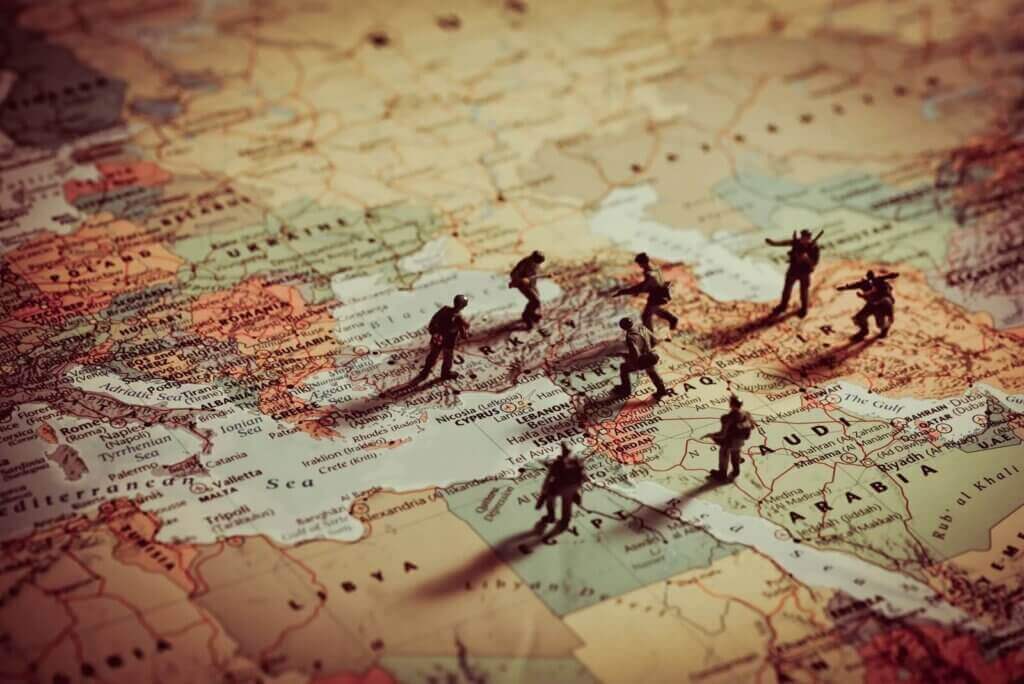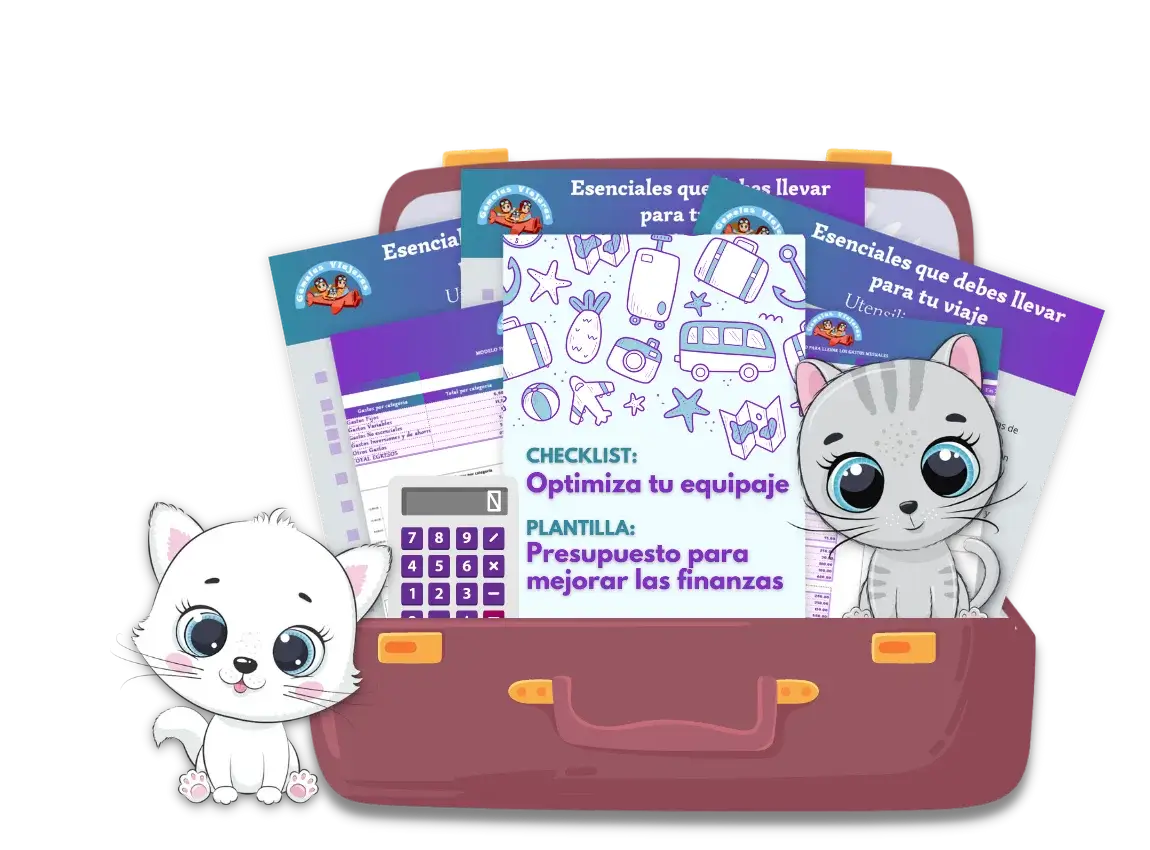We love traveling. It’s wonderful. We would not change this way of life. But it is an activity not without certain risks.
Of course, these risks can be minimized if a few steps are taken into account.
This is not space science. We do not intend to revolutionize the way we travel.
But we have found that by doing these simple actions we can prevent bad experiences abroad.
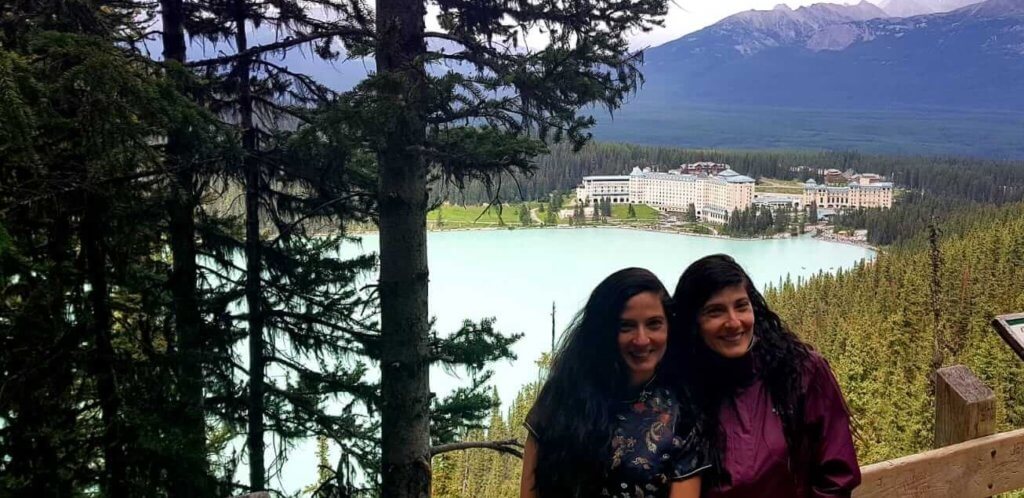
Be friendly, but cautious
The vast majority of locals in a country will be friendly people who will try to help you so that you can reach an accommodation, restaurant or tourist attraction.
But it is also true that there are certain people who, when identifying a tourist, approach him with a false desire to help, when in fact they want to steal it, scam him or worse.
You must be able to discern between a friendly desire to help and an insistent – even annoying – compulsion that these individuals usually show to “help” you or “make things easier for you”.
Never go with people who approach you, even if they “identify” as police or tourism officials and who urge you to accompany them. Never go anywhere where you are invited by a stranger.
Take with you only the essentials, the rest leave it under lock and key
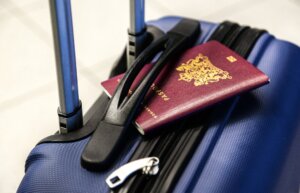 If you’re in a hotel, you’ll probably have a safe deposit box. If you are in an inn or hostel, ask if they have any means of safeguarding documents or money.
If you’re in a hotel, you’ll probably have a safe deposit box. If you are in an inn or hostel, ask if they have any means of safeguarding documents or money.
In any way, try not to carry all the cash you have on your steps or excursions. Always leave an emergency reservation at the accommodation.
Carry a passport only if you think you will use it, such as to rent vehicles.
Back up your documents
Keep cloud backups of your important documents. You will see how this simple step will be a lifeline in certain circumstances.
Scan passport, credit cards, insurance papers and other important documents and save them to Google Drive or Dropbox. It also backs up bank account numbers and anything your bank can ask you for when you call it in case you lose your documents.
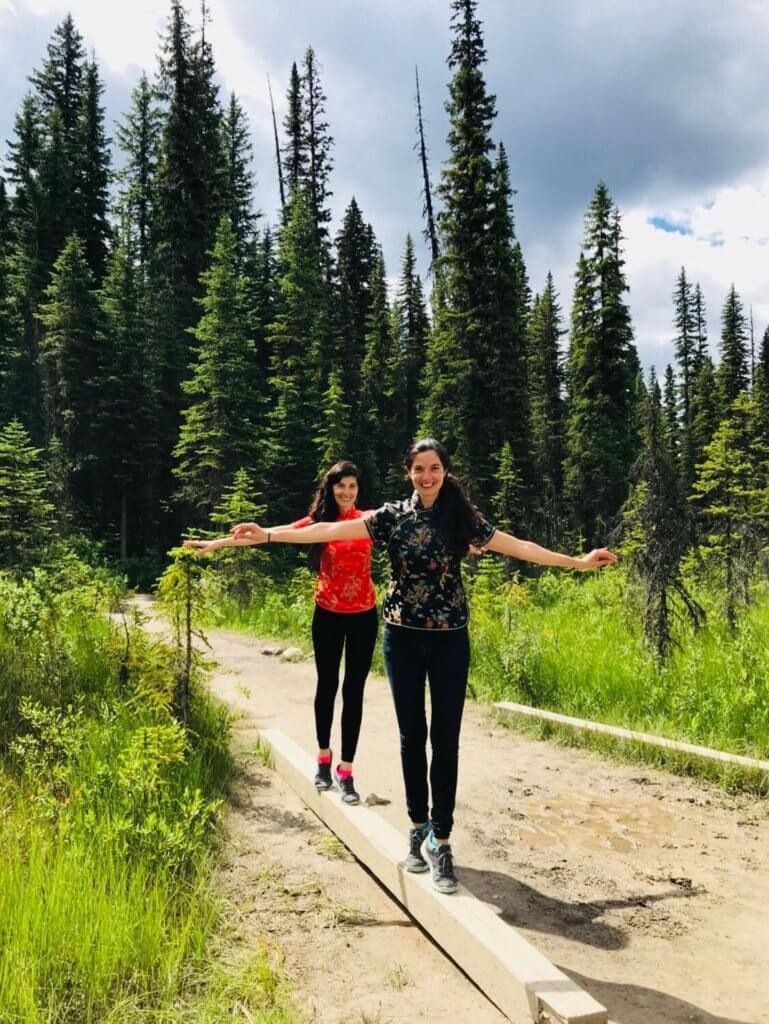
Don’t be so touristy
The first thing that will identify you as a tourist is the way you are dressed. Some shorts, sandals and, for dessert, a backpack or backpack in the middle of Paris or Quebec, will shout to the four winds your condition of tourist.
Do a preliminary investigation of how the locals are dressed and try to dress in a way that does not betray your status as a tourist. If for example you are in an African or Asian country, then your traits may betray you. But at least, try to pass as a foreigner who have time living in the place.
Try not to externalize your emotion before things that may be too everyday for locals. When we travel everything is new. Even a building, kiosk or market can fill us with amazement. We must try – at least in places where we can be approached by scammers – not to be so expressive when we contemplate, for example, a tree with autumn leaves if we come from the tropics.

Don’t eat anywhere
It is true that agencies and tour operators will usually take you to “tourist” sites, more expensive and not necessarily of the best quality.
On the other hand, eating anywhere street and indigenous in certain places in developing countries is a major health risk.
Our recommendation? Talk to locals and ask them for advice on the best places to eat both in quality and price.
By doing this, we have tasted the best and most authentic local cuisine, paying a fraction of the price of a restaurant for tourists.
Caution in conflict zones
One of the most important things when you travel is to do a previous investigation of the place. This includes their political and social situation.
There are places that are not at war, but where there are latent conflicts that can generate possible situations of violence. And you don’t want to be caught up in such circumstances. That’s why be careful when traveling to politically unstable countries.
If in your investigation you see that there are protests or demonstrations in your destination city, investigate the background, the propensity of the population to degenerate into violent demonstrations, the past responses of the government, what the demonstrators are asking for … Anyway, do a full investigation of the conflict to elucidate how hot it can be and the chances of it degenerating into violence.
Hire guides or operators, when necessary
There are places where you definitely can’t travel without a tour operator, either because of the inaccessible (desert in Egypt or Venezuelan Grand Savannah) or for security reasons, as in certain Muslim countries.
Do well research agencies that offer you the best value for money and that assemble complete packages and oriented to your own inclinations and traveler tastes.
It also investigates whether those packages include “days off.” As happened to us in Egypt, even though we were traveling with an agency, we were able to agree with other travelers and take a tour on our own.
Contact locals
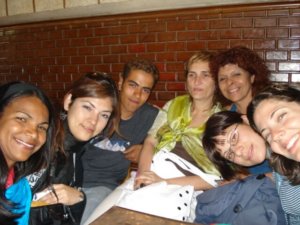 There are websites such as Like a Local Guide to contact locals. No one better than a local who does not encourage the desire for profit to advise you as to which sites to visit, which to avoid and which to take precautions.
There are websites such as Like a Local Guide to contact locals. No one better than a local who does not encourage the desire for profit to advise you as to which sites to visit, which to avoid and which to take precautions.
You can even agree with a resident of the destination country to serve as a guide! Of course, all on a reciprocal basis.
One of the best things about traveling is meeting and bonding with people from different backgrounds,different cultures and different realities.
And from the point of view of security, only a person living that particular reality, will be able to give you relevant and fully updated indications.
Travel with travel insurance
This is one of the best investments you can make. Good travel insurance protects you from events like riots, natural disasters, accidents… even if you die, your body can be repatriated at no cost to your relatives.
And in many places having travel insurance is mandatory.
This is so important that you may think that everything you save with the advice we give in this blog, you can use it to take out good travel insurance.
Because as an old commercial said: “It’s better to have it and not need it than to need it and not to have it”.
Use the least common of the senses
The use of common sense and situational awareness will spare you a lot of evils and obstacles.
A stranger too kind and obsequious. A woman who walks in front of you and suddenly changes direction towards you without looking at you. A rubbing or a push in a crowded place A friendly stranger who invites you a drink… they are situations that should alert you and not lose sight of our belongings.
As a tourist, you’re more vulnerable to accepting things you wouldn’t accept in your current residence because you think you don’t know the idiosyncrasies of that country and don’t want to offend them.
Always listen to your instinct that tells you that something is not right. It’s your common sense alerting you.
Conclusions
There is no forecast that guarantees 100% a trip totally free of unwanted events. But making these simple recommendations a second nature, you can enjoy with peace of mind that wonderful odyssey that is to travel.
On the other hand, constant practice will make you much more adaptable and able to solve problems by yourself.
Finally, always stay in a state of “relaxed alertness”. With eyes wide open but in a calm state. If you see something that doesn’t fit you, something that seems out of place to you, avoid it.
Have you had any problems in your travels that you could have easily avoided?
Do you want to comment on any other tip?
We would like to read your comments!
